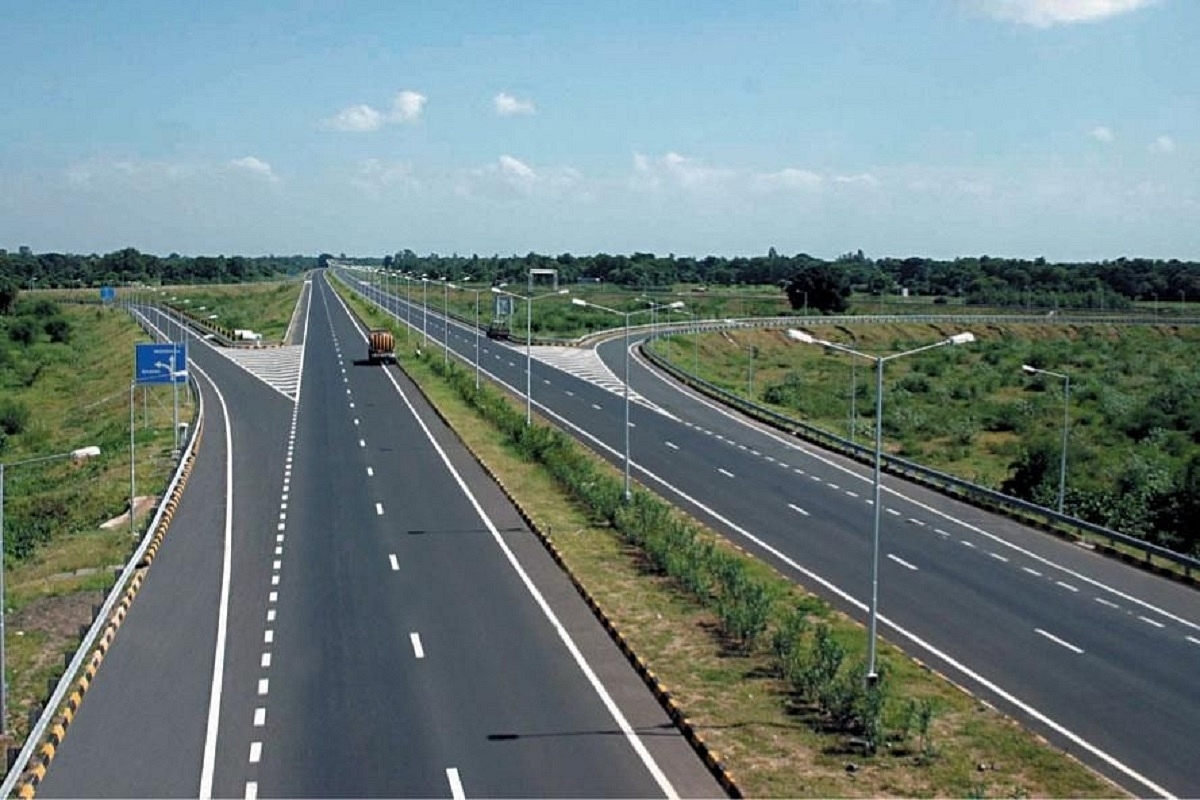Infrastructure
Increasing Vehicles' Speed Limit On Expressways And Highways To Be Deliberated Upon In TDC Meeting
- The government is working on introducing a Bill to revise speed limits for different categories of vehicles.

National Highway.
Increasing the maximum speed limit of vehicles on expressways and highways is a key agenda on the Transport Development Council's (TDC) meeting in Bengaluru this week.
The meeting of TDC comes at a time when road safety issues, including conditions of roads and speed limits are under scanner after Cyrus Mistry, former Chairman of Tata Motors, was killed in a road accident on Sunday (4 September).
Union Minister of Road Transport and Highways, Nitin Gadkari, today inaugurated a three-day conference cum public Expo – Manthan – in Bengaluru, to engage with stakeholders in the roads, transport and logistics sector for sharing of best practices, policy support, and capacity development.
In addition, the 41st Meeting of the TDC will be organised during the programme.
The TDC is an apex organisation under the central government to advise it on all matters relating to roads and road transport. The Union Minister of Road Transport and Highways is the Chairman of the Council. It meets at least once a year.
Pro-increase voice
In October 2021, Gadkari had said that his personal view was that speed limit on expressways should be raised to 140 km per hour (kmph), and added that the government is working on introducing a Bill to revise speed limits for different categories of vehicles.
This, he stated, was on account of considerable improvements in the quality of India’s highways that allow for faster travel than in the past.
The Union Minister added that while the speed limits on national highways should be at least 100 kmph on four-lane roads, the respective speed limit for two-lane roads and city roads should be 80 kmph and 75 kmph.
Current restriction
The M1 category vehicles include motor vehicles used for the carriage of passengers, comprising not more than eight seats in addition to the driver’s seat.
States and local Governments in India may fix lower speed limits than those prescribed by the Union Ministry. Mostly, state governments follow the speed limit fixed by the central government.
Keeping in view the better engine technology and improved road infrastructure, the central government had constituted an expert committee to review the speed limits of motor vehicles.
As per the committee's recommendations, the maximum speeds for vehicles on different roads had been revised by the Ministry in the April 2018 notification.
Legal hurdles
The issue of revising the vehicular speed limit has been marred by Indian mindset which has not been in favour of higher speeds as it is believed that speed causes accidents.
However, some decisions by the Supreme Court and high courts regarding speed limit has only furthered the policy paralysis. The latest in regard to this matter was a Madras High Court judgment of 18 August 2021.
The High Court quashed the April 2018 notification of 100 kmph and 120 kmph as maximum speed limit on national highways and expressways.
The High Court observed that in spite of knowing that over-speeding is the main killer and responsible for most of the accidents, the Government, for various reasons, particularly for commercial reasons, has increased the speed limit resulting in more deaths.
The Ministry of Road Transport is planning to approach the Supreme Court challenging the 2021 judgment by the Madras High Court.
Introducing ElectionsHQ + 50 Ground Reports Project
The 2024 elections might seem easy to guess, but there are some important questions that shouldn't be missed.
Do freebies still sway voters? Do people prioritise infrastructure when voting? How will Punjab vote?
The answers to these questions provide great insights into where we, as a country, are headed in the years to come.
Swarajya is starting a project with an aim to do 50 solid ground stories and a smart commentary service on WhatsApp, a one-of-a-kind. We'd love your support during this election season.
Click below to contribute.
Latest